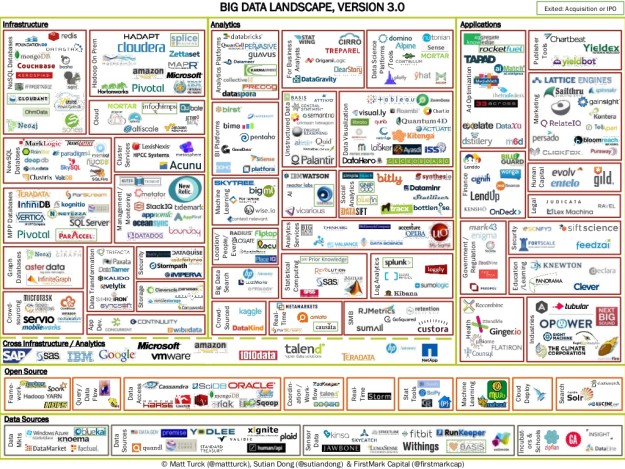SSIS Performance Tuning – Methodology and General Approach
We are talking about a performance issue when the ETL data volume is not processed in the expected or defined processing time. In this case the process described in the following should be utilized…







